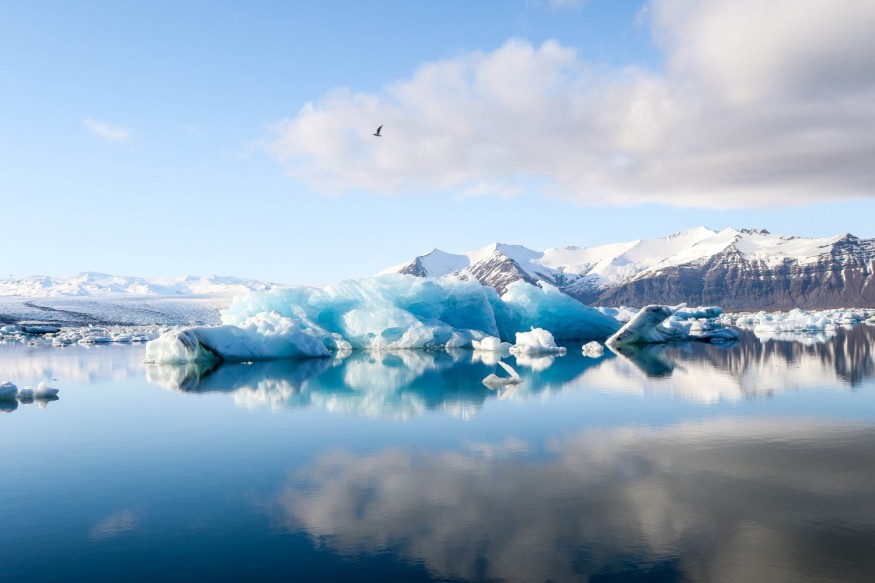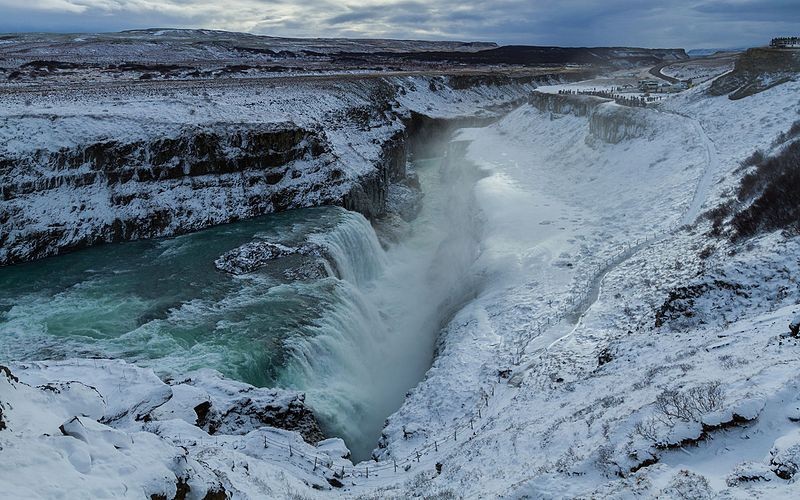In the next 100 years, researchers are raising attention to the genuine risk that Iceland may lose virtually all of its ice.

Iceland's third-biggest glacier, as well as Europe's greatest glacial mass, is disintegrating at speeds never witnessed before in human history. This is due to climate change, which humans drive.
Related Article : Changes in Oceanic Temperature and Current are Direly Affecting Extreme Weather Events
Climate Getting Warmer
Other components of the global environment are affected by a warmer climate. The world's seas are expected to continue to warm for several millennia in response to increases in greenhouse gases that have occurred so far due to the slow process of heat diffusion in water.
Ice is quickly melting all across the world. Water flooding into our seas, according to scientists, is not only raising sea levels, but it's also altering ocean circulation and driving more extreme weather events like hurricanes and heatwaves.
Under the RCP 8.5 emissions scenario, the combination of seawater's thermal expansion associated with this warming and the melting of mountain glaciers is expected to result in a 0.45-0.82 meter (1.4-2.7 ft) rise in global sea level by 2100. The actual rise in sea level, on the other hand, could be much higher.
Related Article : Antarctica's Doomsday Glacier at Risk of Collapsing, Could Permanently Change Global Coastline
Ice Melt in Iceland

Dr. M Jackson, a glaciologist, and her colleagues raise awareness about the very real prospect that Iceland could lose virtually all of its ice in the next 100 years.
By combining historical photographs with fresh drone video, they created a short film called "After Ice" to highlight how swiftly the environment has changed.
After a 700-year-old sheet of ice receded so much that scientists pronounced it dead, Iceland performed a glacier burial in 2019.
Iceland has now lost so much ice that the ground is rising due to the glaciers' weight loss. As a result, certain ports become shallower, making boat navigation more difficult.
Related Article : Rising Sea Levels Due to Greenland's Ice Loss Can Exponentially Increase Global Flood Risk
Unstable Grounds
According to scientists, the ground there is becoming increasingly unstable without glaciers keeping it in place, and this is leading to increased volcanic explosions.
Jackson refers to this location as a glacier graveyard, but she is not discouraged. She said that we can still prevent warming and allow glaciers to expand.
She remarked, "We're losing ice, and we're going to lose a lot more ice." And that's what I work for." "But it doesn't imply that ice is gone forever on the earth. Ice can come again. But it does mean that you and I must act now. I want people to think about the future with ice.
For similar news, don't forget to follow Nature World News!
© 2025 NatureWorldNews.com All rights reserved. Do not reproduce without permission.





